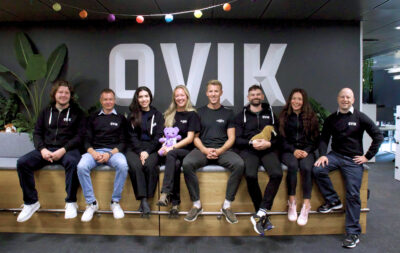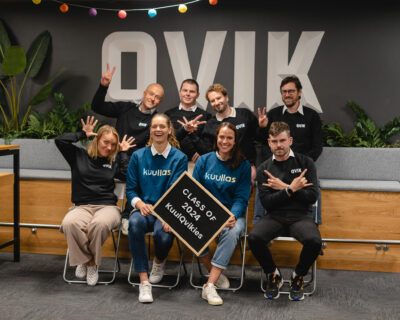
AI is Becoming a Common Item on the CVs of Programmers, but True Specialists Are Still Rare
The break-through of artificial intelligence is beginning to show in the competence profiles of software developers and in the growing needs of companies. This development has taken place over the past year, largely due to cloud-based machine learning interfaces and frameworks. Such cloud services also make artificial intelligence available to smaller businesses. In addition to […]
The break-through of artificial intelligence is beginning to show in the competence profiles of software developers and in the growing needs of companies. This development has taken place over the past year, largely due to cloud-based machine learning interfaces and frameworks. Such cloud services also make artificial intelligence available to smaller businesses.
In addition to actual artificial intelligence, AI training is developing quickly, even though practical courses are still fairly new. For example, Google, the leader in AI commercialization, has been providing training in machine learning interfaces for less than a year.
“Training is now being built around good tools and is based on practical problems instead of mathematical theories”, says Jerry Jalava, the only Google Cloud Platform trainer in the Nordics. “Sweden and Norway have been much quicker to see the value of machine learning studies, but the trend is starting to show in Finland too.”
You do not need a full understanding of the algorithms under the hood to make use of the power of machine learning. But if you do know what is going on in there, you can design and adopt customized models and algorithms.
Diverse competencies and new perspectives required
As AI is becoming available to smaller and smaller businesses, people with diverse backgrounds are finding employment in the field. This brings new perspectives and enables the harnessing of artificial intelligence for the resolution of an increasing number of problems.
“To build a comprehensive view of the business potential, it is important to bring in specialists from as many fields as possible”, Jalava says. “For example, the benefits of machine learning have already been noticed in the game, media and health care industries, but many fields still have no idea how to make use of large masses of data.”
As the professionals become diversified, they will find broader and broader applications for AI. When the know-how spreads to new industries, the benefits will also be distributed more equally.


